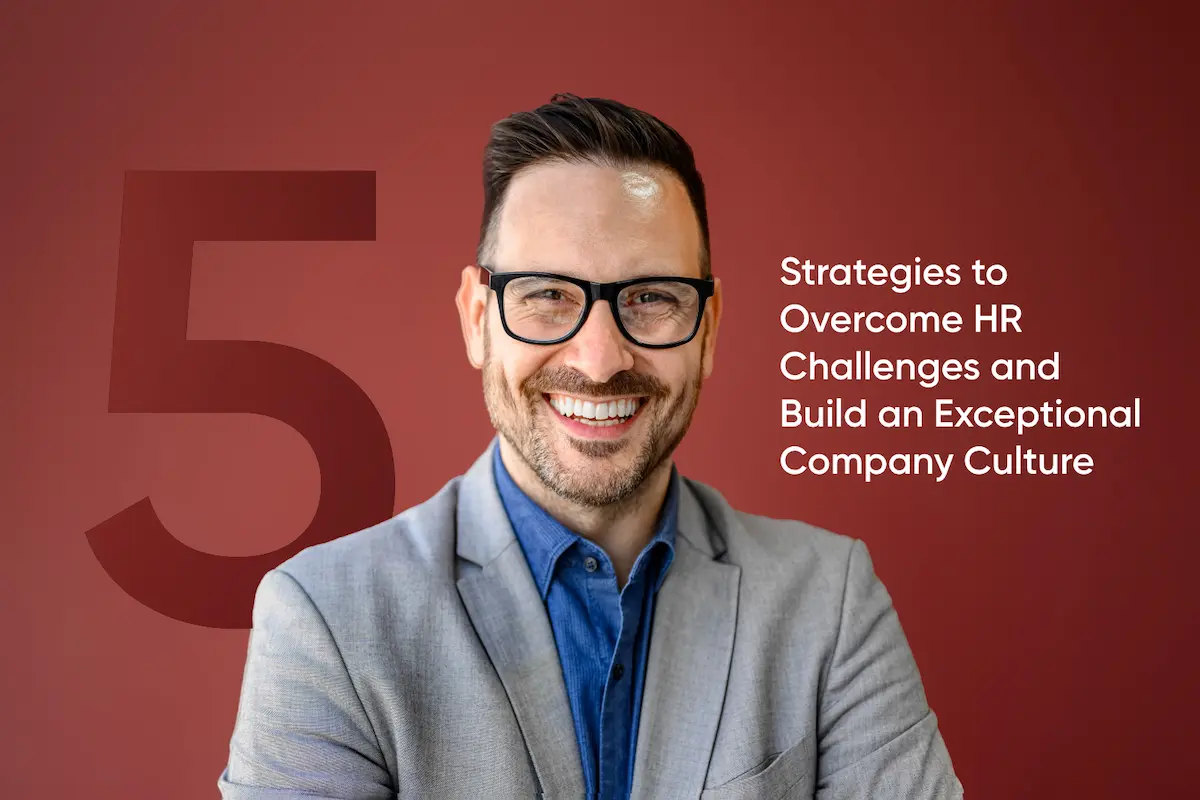
Best Workplaces, Employee well-being
Here's how great companies are creating fairness in the workplace in ways that all employees see as fair and equitable.
Fairness in the workplace is tough. It’s sought by many and achieved by few. You can put in place any number of policies or make any number of statements about your commitment to fairness but ultimately it is the day-to-day experience that determines how fairly your people believe they are treated. Fairness is a very personal and moving target. It needs to be monitored and measured regularly and it needs to be given strategic importance to ensure it prevails. The Best Workplaces understand the complexity and nuanced nature of fairness and they choose to make it a priority each and every day.
Research from Great Place To Work® underscores the importance of fairness and shows that fairness in the workplace has a profound impact on both employee well-being and business success. Indeed, fairness is a top driver for employees to give extra effort in their job and this in turn leads to greater innovation and productivity. It also contributes to an overall great culture and employee experience, because when people believe they are being treated fairly they are simply happier, more content and more engaged.
The Best Workplaces™ in Canada can, among many other things, boast about how their people experience fairness at work so it’s no surprise these workplaces are best in class. The average ‘fairness’ rating at these organizations is 88% - meaning that on average, 88% of employees at these organizations agree they are treated fairly when it comes to issues like pay, favouritism, recognition and opportunity. This high fairness rating is reflected in a whopping 92% of all responses (80,000+) agreeing that, “Taking everything into account, I would say this is a great place to work.” Let’s examine key ways to ensure fairness and what you can do to improve it.
How to improve fairness in the workplace?
Here are some of the top ways to ensure your employees believe their workplace is fair:
1. Clear and transparent communication around pay

Just because your organization offers a competitive compensation package doesn’t mean your employees believe the offering is fair. Recall, fairness is about the employee experience and that means making sure your people understand the whole compensation system and how it applies to them.
Do employees understand all the ways your benefits help them succeed?
Instead of hiding behind an employee handbook that outlines your pay policies consider meeting regularly with your people to talk about pay and benefits. Tell them what they are entitled to. Explain why you offer the benefits and perks you do. If there is pushback, ask what perks they would prefer. Find out what is most valuable to your people and then do what you can to offer it.
At the same time, be honest about what you can afford and your expectations around increases. If you can’t afford raises this year, be forthright and maybe get creative with perks or time off. If someone doesn’t qualify for a performance increase tell them why and then make a plan for them to improve. In the absence of this openness, people are more likely to fill in the blanks with negative assumptions.
The more in control people feel about what they earn, they more fair they will experience the system. Use surveys and in-person discussions to stay on top of how your people feel about how they are compensated. Ultimately, the best companies know what their people want and value in terms of compensation, they embrace transparency, and they adopt flexible policies to ensure people can access what they need.
2. Open and inclusive pathways for promotion

As with pay and benefits, in the absence of information, employees often make false assumptions about decision-making that affects them. That’s why the best companies try to make the criteria behind promotions transparent. And they monitor the promotion system regularly to ensure that practice and policy align.
Saying you have a fair promotion system and actually having a fair promotion system are not the same and you will only know how this is actually being experienced if you ask and audit. You need to know whether people think managers play favourites or whether people think they need to be part of an inner circle to get ahead because favouritism and politicking are not always obvious to even the people who are encouraging or engaging in the process.
If Manager A consistently receives great work from Employee B, then Employee B will undoubtedly be tagged to join their team more often. And if Manager A is frequently included in discussions about promotion and succession, the likelihood that Employee B’s name rises to the top is very high. Manager A isn’t necessarily trying to play favourites and Employee B isn’t necessarily trying curry favour, but the outcome may be seen as such.
That’s where awareness and auditing can make a huge difference.
Practices like asking people to think about the ways they create and sustain bias, making sure team and project participation is open to everyone, and making concerted efforts to diversify teams will go a long way toward improving fairness in the workplace. Think about what groups of employees are harder to find the higher you look in the organization. Is your mentorship program being used by a diverse group of people? Do all employees know when a job is open and do you provide feedback when an internal candidate is not successful? The key here is to make sure your promotion system helps everyone find opportunities to advance and achieve their career goals.
3. Recognition for all employees, regardless of role

Making sure your workers feel appreciated is good for morale and it’s good for business. When people feel their efforts are appreciated, they are more likely to work hard and to put in extra effort to get the job done. This is basic human nature! What’s even more important is that all people in your organization believe their work matters and that they are important to the success of the company. All too often workers see those in senior roles being appreciated or appreciation goes to people whose role has a clear and direct impact on the bottom line (i.e. sales positions).
To improve fairness in the workplace you have to ensure fairness in recognition. Whether newly hired or long tenured, whether in sales or support, whether cleaning the halls or serving customers directly – all employees deserve to be seen and appreciated. At the Best Workplaces in Canada, 93% of employees believe they are treated as a full member of the organization regardless of their position. They accomplish this by ensuring everyone knows they are valued. They talk about collective goals, reward team accomplishments as well as individual ones, and connect people to goals on a regular basis. Leaders instil pride in every role and tell people in big and small ways that what they do on a day-to-day basis really matters.
Giving people some swag at the yearly kick off meeting is not enough to move the needle, nor is organizing free ice cream one Friday afternoon; the recognition that actually makes an impact is personal, it’s timely and it’s genuine. It comes from managers and colleagues and is genuine. Make recognition integral to your culture and your people will reward you with top-level performance.
Fairness in the workplace matters and it pops up across all elements of your organization. The best way to gauge how your people experience fairness is to ask them. Enacting policy alone and expecting rules and practice to dictate outcomes is woefully inadequate. Look at results. Monitor perceptions. Change as necessary. Repeat regularly. Your people deserve to work in an environment that is fair and when you prioritize fairness in the workplace you are prioritizing them.
Make the list
Does fairness feature prominently in your workplace? Get Certified today to make it onto our best workplaces lists.








